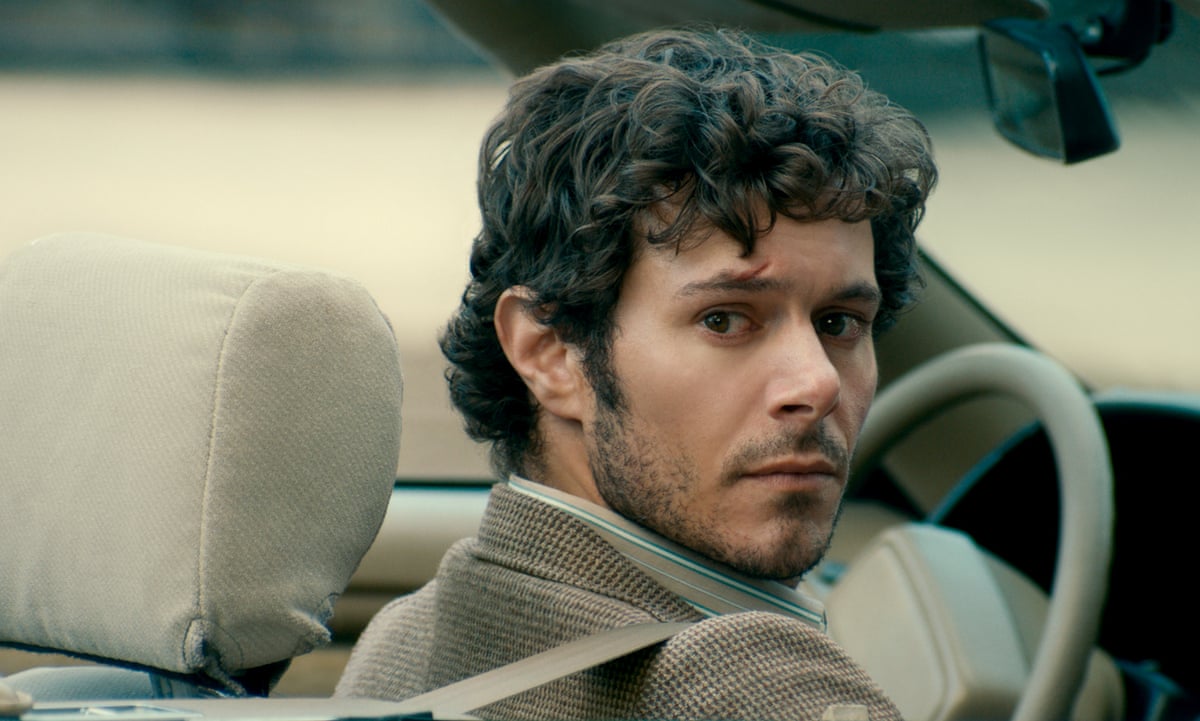
As it is common practice when every decade comes to an end, in the final months and weeks of 2019, film sites across the internet started to multiply with more and more lists recapping and assessing the best of cinema of the previous 10 years.
The problem with these kinds of lists is that they tend to celebrate almost exclusively the same movies that are already widely known and beloved, sidelining lesser-seen pictures that remain in obscurity, despite their quality. So let’s do it differently: here are 10 great crime movies that you may have not seen, but that are all very much worth your time.
10. Birds of Passage (2018)

A textbook example of how to breathe vitality and originality into a tired formula by simply introducing a few new elements, “Birds of Passage is a Colombian gangster drama that doesn’t so much reinvent the wheel as it does polish it, making it spin the way it properly should.
It does so by focusing on a very specific underworld of crime that had hitherto been unexplored in cinema: the film follows Rapayet, a member of a Wayuu indigenous family, from the late ‘60s to the early ‘80s, a time when drug trafficking in Colombia became a multi-million dollar business.
Rapayet’s arc follows the familiar “rise and fall” structure that has been employed in virtually every major gangster flick ever, from Howard Hawks’ “Scarface” to Brian De Palma’s “Scarface,” but that’s also where “Birds of Passage” distinguishes itself from the fold: directors Cristina Gallego and Ciro Guerra explore all the social implications and visual possibilities that the ethnic background of the story provides, making what could be a generic narrative feel like an entirely new cinematic experience.
9. The Kid Detective (2020)
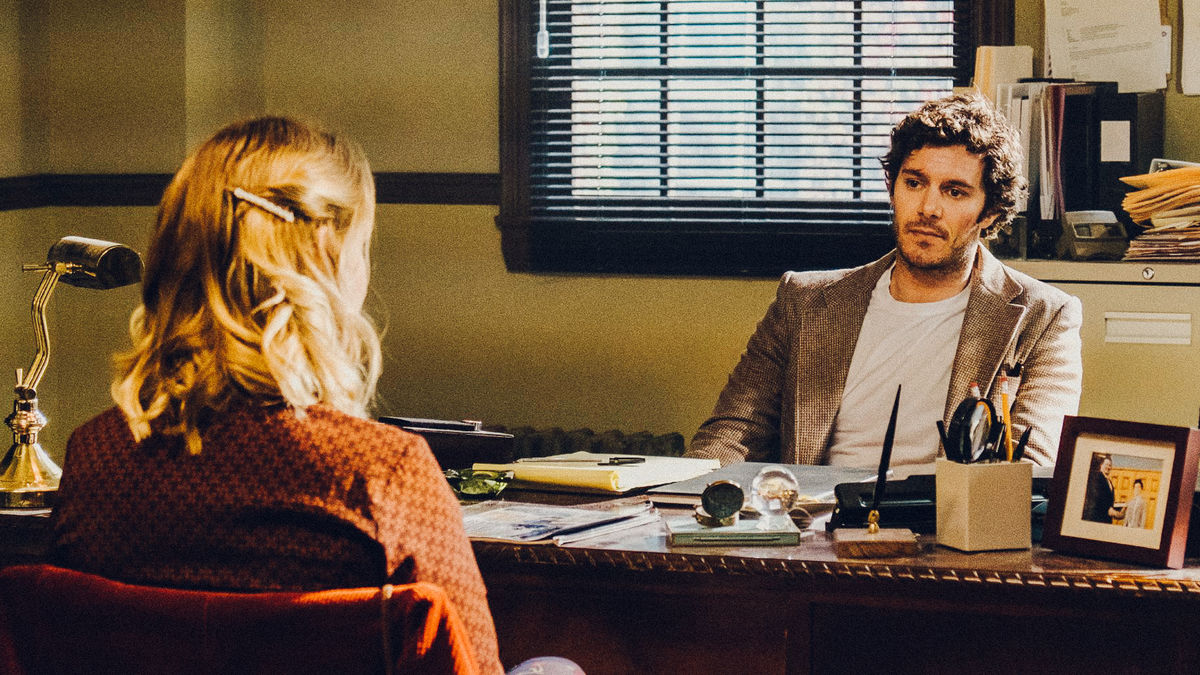
One of the most difficult narrative tricks to pull off is the abrupt tone shift. Balancing tone in general is enough of a hard task in and of itself, but to fool the audience into thinking they are watching a certain kind of film only to pull the rug out from under them is a rare feat of storytelling.
“The Kid Detective” accomplishes that pretty seamlessly: for most of its runtime, the film is ostensibly a darkly comical take on what the adulthood of an Encyclopedia Brown type character would look like, foregrounding the central mystery of the story in favor of character development and humour. As the plot unfolds, however, and the shocking reality of the case the protagonist is investigating comes to light, the movie reveals itself to be as bleak and achingly sad as any neo-noir this side of “Chinatown.”
Funny, heartbreaking, and surprisingly well constructed, “The Kid Detective” proves smart directors still haven’t run out of ways to keep evolving noir into new territories, while still keeping intact the core elements that make the genre so fascinating.
8. The Third Murder (2017)
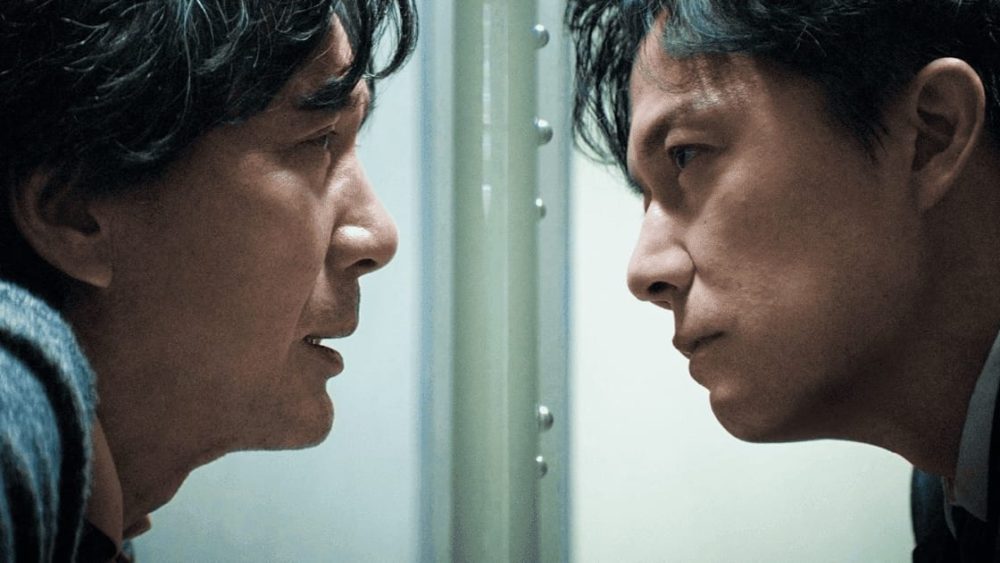
A recently released ex-con, who has been in prison for the last 30 years, confesses to the murder of his boss, but offers no concrete reason for why he did it. Considering the gravity of the crime, the death penalty is almost certain and all that’s left for his lawyer is to try to reduce the sentence rather than prove his innocence. As the lawyer investigates things further, however, it becomes clear there’s more to this case than it initially seemed.
From the above synopsis, it could be imagined that “The Third Murder” is a simple murder mystery, the only difference being that it’s a ‘whydunnit’ instead of the usual whodunnit. However, this is first and foremost a Hirokazu Koreeda film, before being a representative of any particular genre. So, like every Koreeda picture, it’s a quiet, contemplative film, the real investigation having less to do with the murder in the plot and more with the very concept of truth itself – the director’s thesis being that, due to the elusive nature of it, it’s practically impossible to ever truly reach it.
“The Third Murder” is most reminiscent, in that way, to Kurosawa’s “Rashomon,” but Koreeda opts never to do any visual recreations of each character’s versions of what happened, an intriguing choice that adds to the overall sense of mystery, of the impossibility of reaching a definitive, satisfying answer. That philosophy might irritate some viewers, since it’s antithetical to the idea of the murder mystery genre of clean solutions, but those familiar with Koreeda’s style will certainly be satisfied.
7. Big Bad Wolves (2013)
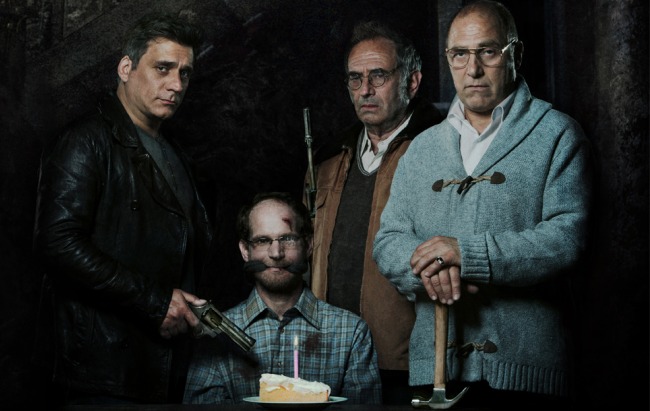
Famously elected by Quentin Tarantino as the best movie of 2013, “Big Bad Wolves” seems exactly the kind of thing you’d expect him to adore: a mean and overwhelmingly nasty revenge thriller that finds more comedy in gruesome torture scenes than a rom-com finds in cute mishaps.
That’s no small feat: everyone knows that comedy is difficult, but dark comedy (particularly comedy as bleak as this one) is even harder, since making you laugh about things so horrific takes a very specific type of skill. “Big Bad Wolves” has that in spades; it’s safe to say you won’t find anywhere a funnier story about child murder and torture.
The real trick the movie pulls off is that it still manages, despite its gallows humour, to be a genuinely tense thriller and finishes on a punch to the gut that delivers the desired devastating effect. A high wire act of tone balancing that merits the adoration it received from Tarantino.
6. Cold Fish (2010)
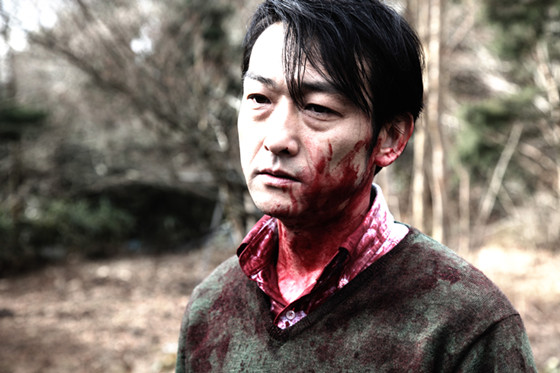
The Hays Code may have ended more than 50 years ago, but the general morality that birthed it into existence is still very much prevalent in American films; outside of hardcore exploitation flicks, even the best of genre cinema is very tame. Violence, sexuality, and the perverse relationship between those two things are barely explored past what has come to be the generally accepted limit.
Those limitations are something so pervasive that it’s even difficult to realize what’s missing from genre cinema until one sees something truly deranged, like Sion Sono’s “Cold Fish.” It’s like Sono watched Sam Peckinpah’s “Straw Dogs” and thought, “Not nearly vile enough,” so he decided to do his own spin on the story of a mild-mannered man being driven to release his inner beast. Of course, being who he is, the filmmaker also adds to the mix some serial killers, mutilation, domestic abuse, and sexualized murder.
What’s smart about Sono’s approach, however, is that he takes time before unleashing full-blown chaos, steadily increasing the amount of gore and absurd behavior until it reaches its zenith with the orgiastic final 30 minutes of pure depravity. There’s no filmmaker who can rival Sono for the ability to make you laugh uncontrollably while feeling guilty about it.